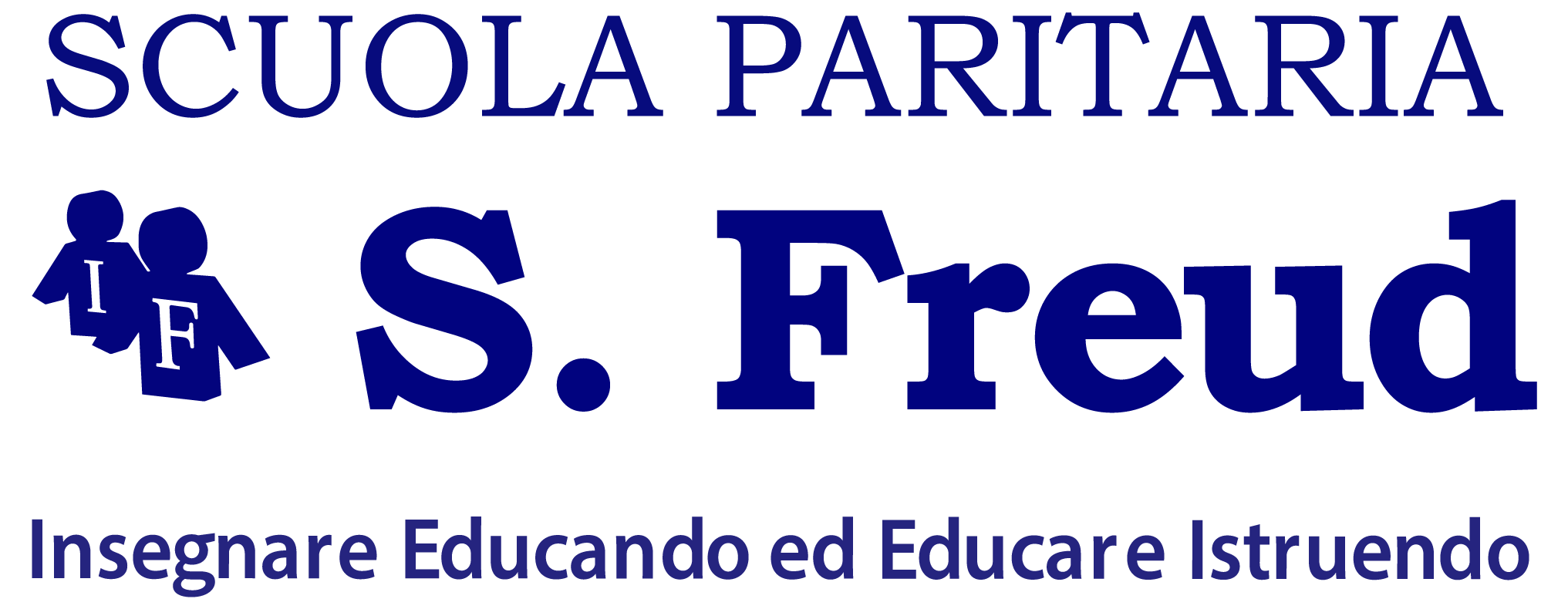3 settembre 2021
On 3 September 2021, the newspaper "Il Giorno", in the usual weekly appointment on "Piazza Lombardia", publishes the article written by the Legal Representative of the Charter School S. Freud Dr. Daniele Nappo.
Theme of the reflection of the Director of the Upper School concerns to the "Rules at school: between authority and permissiveness".
It is at school that we must learn the values of civics and the teacher is the first example; the imitation process is the strongest educational weapon. Because young people look at us and listen to us.
Hence the importance of the educational dialogue between teacher and student: certainly one of the peculiarities of the School of Director Nappo.
Rules at school: between authority and permissiveness
"Rule education is one of the most debated issues in education, but to what extent can we balance authority and permissiveness? The rules must be part of a shared lifestyle, they are needed to live together.
Respect for them is the basis of feeling good in a community such as school, non-compliance indisputably creates behavioral problems. Making the new generations respect rules and discipline seems to represent today one of the greatest and most widespread problems reported by parents and teachers. A large part of the children have difficulty in understanding the rules of social conduct, as well as self-regulating with respect to them: a certain inability and suffering are manifested among young people. The rules are used to coexist and achieve objectives and in a school, in order to ensure a good relationship between teacher and student and create an environment suitable for learning, they must be clarified in a transparent and explicit way. They don't have to be a kind of cage that prevents the creativity of teenagers but, on the contrary, they have to be points of reference. Transgression is a physiological characteristic of a growth path in which the relationship with educational and social rules is reviewed: a boy feels he can grow up to question the whole world by freeing himself from the patterns and rules that adults have assigned to him.
The goal is to go further, to take distance to differentiate yourself, become autonomous, tell your uniqueness, to measure your limits and evaluate what happens if they are exceeded. It is at school that we must educate to civil life and the teacher is the first example; the imitation process is the strongest educational weapon. Because young people look at us and listen to us. Without rules there would be confusion, you could not live. Even outside of school. Rules and NOs are fundamental in the growth of an adolescent, they favor the development of a moral sense and help to trace the psychic boundaries, because without stakes there is fragility, discomfort and restlessness appear, if not even personality disorders. Rules are the cornerstone of civil society.
It is important that a teacher is able to guide behaviors and thus keep a group healthy, in order to increase the sense of belonging of each individual and to be able to achieve goals with the best result.
Educators have the task of tracing new routes of coexistence by marking, alongside young people, the lines of acceptance, respect, comparison, but above all of dialogue.


